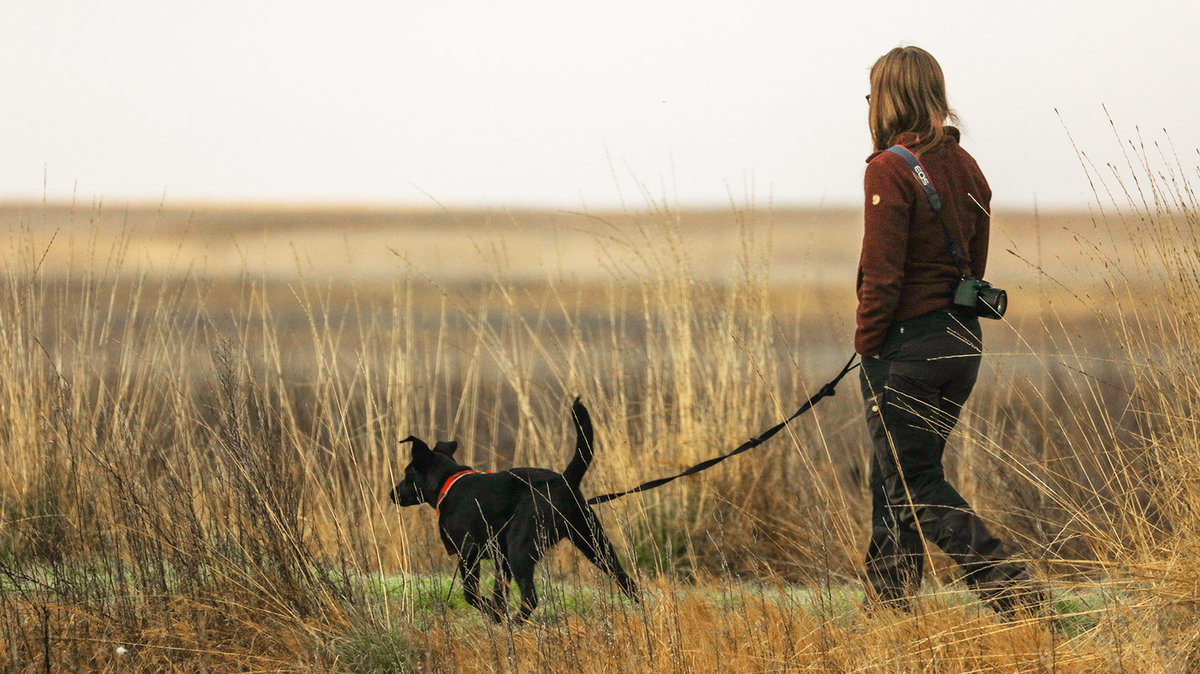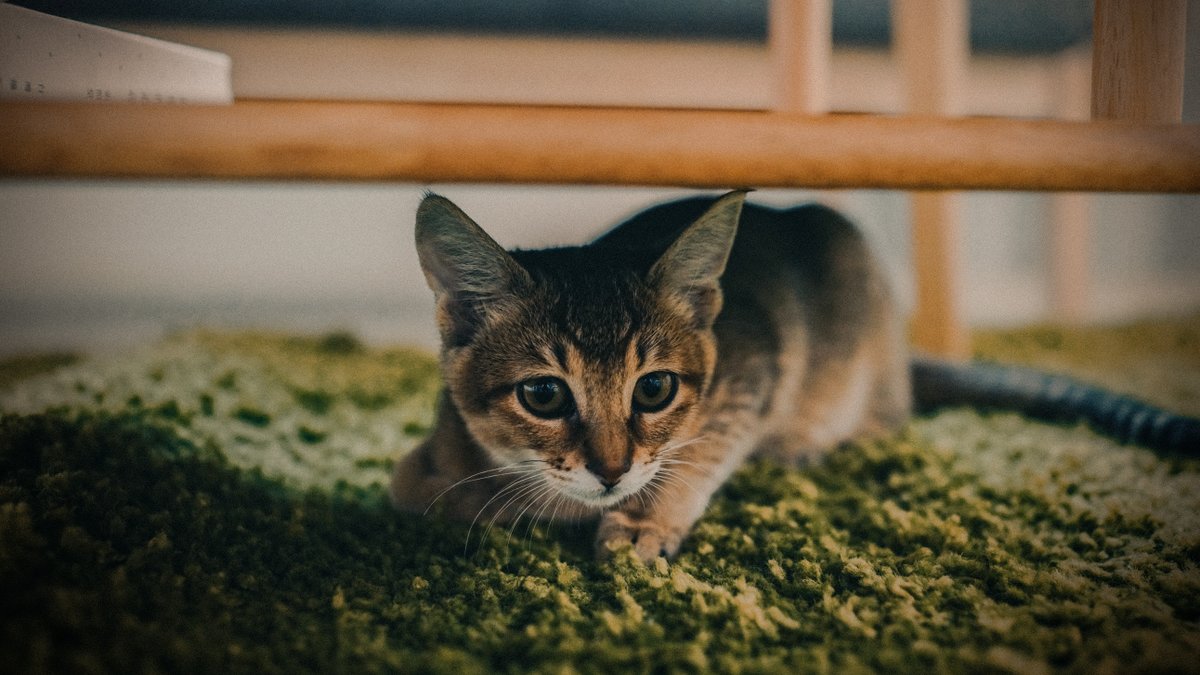Keeping pets calm through fireworks
Fireworks are an exciting sight for us, but the bangs and bright colours can be extremely frightening for your pets. Almost half of dogs in the UK show signs of stress when fireworks are going off.

Signs of stress can include:
- Pacing around the house.
- Excessive barking or meowing.
- Trembling and shaking.
- Going to the toilet indoors.
- Hiding under or behind furniture.
- Destructive behaviour (such as chewing on furniture or scratching)
- Refusing to eat.
- Unusual behaviour, such as growling or hissing at owners.
Fortunately, there are some things you can do to help keep your pets calm - here are our top tips for dealing with the stress caused by fireworks.

Before the fireworks
Check microchip details are up to date
Even if you think your home and garden are escape-proof, accidents do happen; having up-to-date details on their microchip will make it so much easier for your beloved pet to be returned home.
Do your research
Try to find out when local fireworks displays are taking place - check your local Facebook page if you have one, and keep an eye out for posters or leaflets. Check in with your neighbours as well. If you know when fireworks will be going off, you'll have more time to prepare your home to leep your pets safe and calm.
Walk dogs during the day
Avoid taking your dogs for a walk after dusk if you know fireworks are likely to go off. Fireworks can be scary enough for a dog, but hearing them in an unfamiliar outdoor space will make it a lot worse. Keep dogs on a lead, just in case any fireworks go off earlier than expected.
Feed pets before dusk
Once fireworks have started, your cat or dog might feel too anxious to eat, so try and give them a meal an hour or so before you think they will start.
Create safe hiding places around the home
Animals will often instinctively hide when they feel threatened or frightened. Make sure that cats can get under furniture, or consider leaving a cupboard door open so they can get inside. If your dog has a crate or kennel, then make this extra cozy with blankets, and their favourite toys.

During the fireworks
Keep pets indoors
Make sure cats are indoors well before dark, and lock the catflap behind them so they can't escape. Avoid letting dogs into the garden when fireworks are going off unless totally necessary.
Keep calm
Ignore the fireworks yourself, as your pets can pick up on unusual behaviours. Remain calm, and stick to your normal routine if you can. If your pet can see that you aren't frightened or stress by the noise, then this will reassure them.
Let your pet choose where they want to be
If they chose to hide, then keep an eye on them, but don’t try to lure them out, and certainly don’t force them. If they do come out their own, then reward calm behaviour with treats and affection.
Cover up the noise
Close windows and curtains, and put music or the TV on to cover the sound.
Never punish your pets for being scared
It’s completely natural for animals to be afraid of loud noises and flashing lights. If you scold or punish your pet for their behaviour, this will only add to their stress, and make the problem worse.

Tips for small animals
It's not just cats and dogs that get spooked by fireworks - small animals such as rabbits, guinea pigs and hamsters need extra care at this time as well.
Bring them inside
Just like cats and dogs, small animals will feel more secure indoors when fireworks are going off. If you have pets that usually live outdoors, start to introduce your pets to the indoors a few weeks before bonfire night - bring them inside to an indoor hutch for an hour or so at a time, and let them get used to the space. Then on nights when you are expecting fireworks, bring them inside well before dark.
Cover up hutches and cages
If your pet has an indoor hutch or cage, then cover this up with a blanket to block out some of the noise and the flashing lights. If you can't bring your pets inside, then make sure their hutch is extra cosy and secure for them. Partly cover the outside with blankets or covers to help soundproof the hutch, but make sure they still have a place to look out.
Provide extra bedding and hiding places
Extra hay or straw will let small animals burrow in for safety. You could also add some extra boxes, cardboard tubes, or "igloos" for them to hide in.
